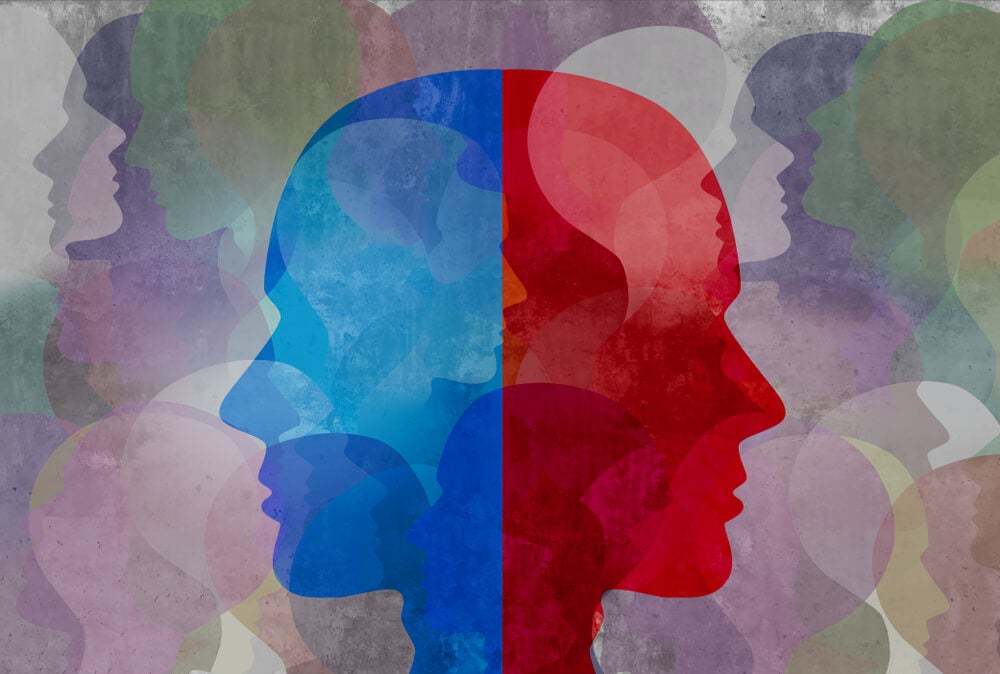The Orientals have a very particular vision of how the events of life occur, both in relation to causes and consequences; they affirm that thought creates the world in which everyone develops and that the rules of personal power decide what will happen and what will not happen.
The rules of personal power are formulas or guidelines that theoretically determine or condition events, are born of a persevering mental exercise and attract certain situations.
- At the same time.
- They are pushing others away.
- All because of the balance of the universe.
- The Orientals assume that there is this balance in the universe and that we must follow the flow.
In this sense, is personal power the force that is born? Or it is not born of the thoughts with which we carry our mind. The rules of personal power, on the other hand, are basically two and include the type of thinking that, according to theory, we must cultivate so that everything happens in a constructive and positive way for us.
“Most of all, I think it’s our decisions, not the living conditions, that determine our destiny. “Tony Robbins.
Some Eastern philosophies say that thought has unlimited power. Whatever we think, it’ll be. According to this logic, if you let fear take over your life, you will often have threatening experiences.
If, on the other hand, you bravely face your fears, the paths will gradually open so that you can complete each step.
It is not a mechanism of magical or esoteric thinking, it is a fact that the mind simply focuses its attention on what someone decides to value, so fear makes us see many more threats than usual.
If an aggressive dog feels like we’re scared, he’ll probably bark at us or even attack us. Fear tells others that something is wrong, something to fear.
Similarly, a calm and calm mind seeking solutions will even transform potentially negative experiences into something beautiful and constructive. A fire can save our lives. It all depends on our thoughts.
Taking these criteria as a reference, the Orientals claim that the first of the rules of personal power is this: to persevere to be the positive factor, in any situation.
Some Eastern philosophies say it is enough for a person to decide to be that positive factor so that calamities and bad experiences simply do not develop.
Master Jan Anguita once said that two people with incompatible thoughts will never meet, let alone live common experiences, it is a concept similar to the idea of synchronicity that Carl Jung invented, reality is positioned in such a way that it uniesstastes the analogue and separates the repelled.
Therefore, when a person decides to be a positive factor in all circumstances, they will find people who have the same goal and situations that go in that direction.
Because this is one of the rules of personal power, all of this will happen simply for the purpose set in the person’s mind and which must be persevered relentlessly.
The second of the rules of personal power says that whatever the situation, love always prevails, the Orientals explain that lack of love creates a very weak power, because it is a force without potential, it cannot be projected with real power in the world. Love, on the other hand, has a great influence on everything that exists.
Master Jan Anguita explains this rule with a beautiful metaphor, it may be that 100 people are gathered in a dark room, however, it only takes one person to decide to be the positive factor and light a candle for everyone to have light. could be the candle. A loving person shines with his own light and also enlightens all around him.
The rules of personal power are so influential that, according to the judgment of the Orientals, a person who has decided to be the positive factor and who is full of love is enough to prevent destruction in any circumstance. It doesn’t matter what you think of others.
As in the metaphor, once the room is lit, so will it for everyone. And if anyone wants to continue in the dark, they have to go somewhere else.

